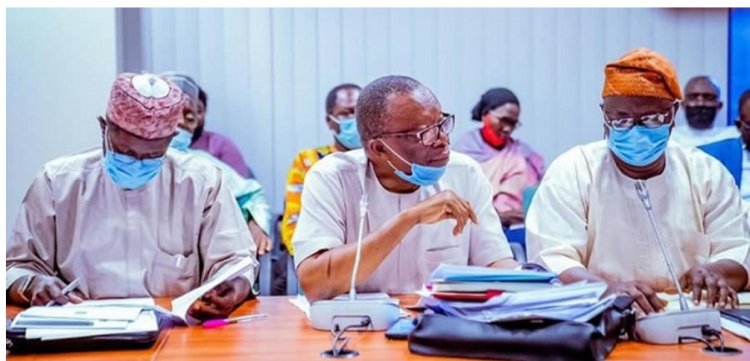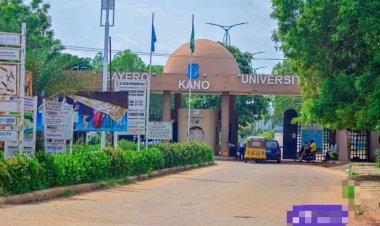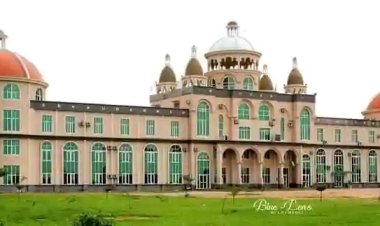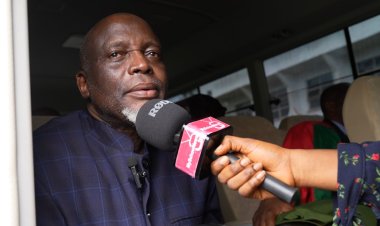We’re Tired of Promises, We Want Action, ASUU Tells Federal, State Govts
Osodeke highlighted the persistent challenges faced by the education sector, including inadequate infrastructure, low remuneration, and poor welfare conditions. He expressed concern that despite longstanding issues, the government has only been making promises without effective implementation.

The Academic Staff Union of Universities (ASUU) has voiced dissatisfaction with the state of the nation, urging both federal and state governments to translate promises into tangible actions that will improve the welfare of citizens. In an exclusive interview with the Nigerian Tribune, Prof Emmanuel Osodeke, the national president of ASUU, criticized the lack of significant changes in the country, particularly in the education sector, over the past eight and a half years.

Osodeke highlighted the persistent challenges faced by the education sector, including inadequate infrastructure, low remuneration, and poor welfare conditions. He expressed concern that despite longstanding issues, the government has only been making promises without effective implementation.
The ASUU president emphasized that insufficient attention is given to education at all levels, from primary to tertiary. He cited examples, such as funds allocated to the Universal Basic Education Commission (UBEC), which states are not accessing due to their failure to provide counterpart funds. According to Osodeke, this lack of commitment from certain states hinders the improvement of public schools, allowing private institutions to thrive.
Addressing the issue of low budgetary allocations to the education sector, Osodeke noted that only three states—Oyo, Abia, and Enugu—have recently shown seriousness by allocating a reasonable percentage of their 2024 annual budgets to education. He expressed hope that these states would implement their budgets as projected and contribute to positive change in the education sector.
RECOMMENDED FOR YOU:Outstanding Girl at 2018 National Maths Competition Becomes Civil Engineer
In conclusion, Osodeke urged governments at all levels to holistically address concerns in the education sector in the New Year, emphasizing the need for meaningful and positive changes beyond mere promises.





